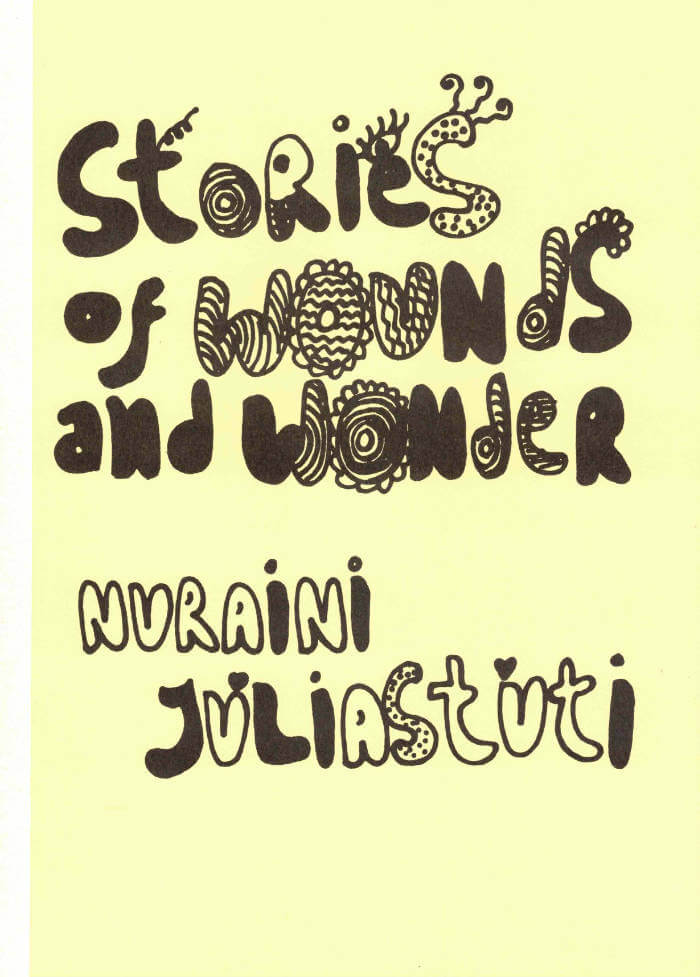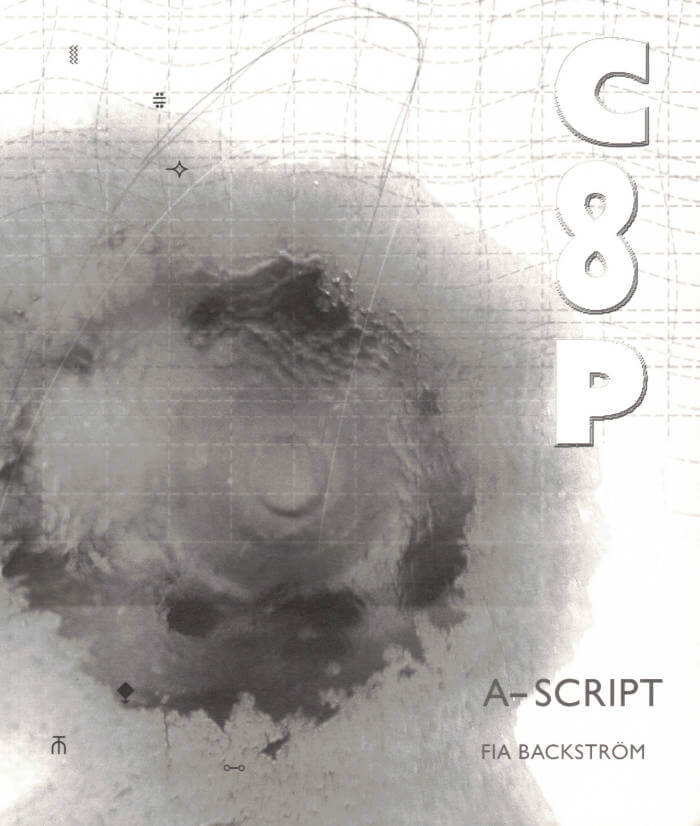Adrian Piper: Performing Objects I Have Been, 1972-2018, is a collection of documents from, or potentially relevant to Adrian Piper's performance Some Reflective Surfaces (1975-76) that has been edited by art historian and curator Rhea Anastas. This publication sits within If I Can't Dance, I Don't Want To Be Part Of Your Revolution's Peformance in Residence Series, and its seventh artistic program, Social Movement (2017-18).
Adrian Piper, who lives in Berlin, at the age of seventy-two, is one of America's best-known artists. It so happens she is also one of America's best-known female artists. And yet, to use such a qualifier is to make the mistake of accepting limitations, coerced and containing, for artists and thier work— and, to quote Jacqueline Rose, "to dissolve the very possibility for women of any purchase on historical time."
This publication focuses on an early performance called Some Reflective Surfaces (1975-76). In it, as Piper dances under spotlights, she stages multiple images and sounds. Over the work's duration, the audience follows the performer's images, physical performance, and sound. In "Artist's Statement" (1999), Piper descrvibes her 1960's work that led up to this one as "concered with duration, repetition, and meditative conciousness of the indexical present." Some Reflective Surfaces was produced in New York at the Fine Arts Building, New York University, in 1975, and then at the Whitney Museum of American Art in 1976. The performance has not been staged since. A collection of the documents of Some Reflective Surfaces is reissued in this publication for the first time, along with other writings spanning Piper's work from 1972-2018.
Published 2021.








![Cover of Dante's Joynte: Lingua 1. [Poems and Other Theaters]](https://rile.space/storage/744/dante.jpg)